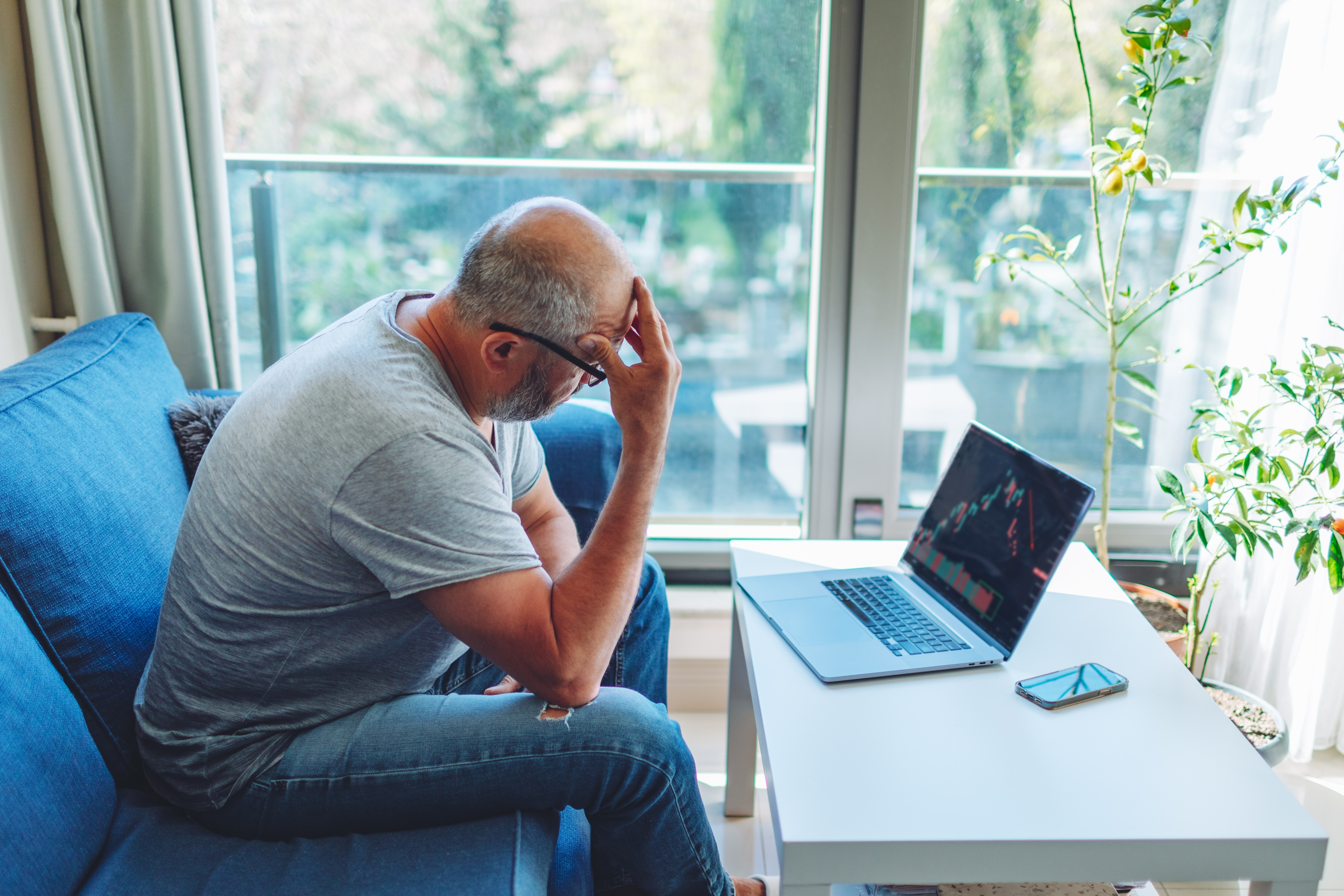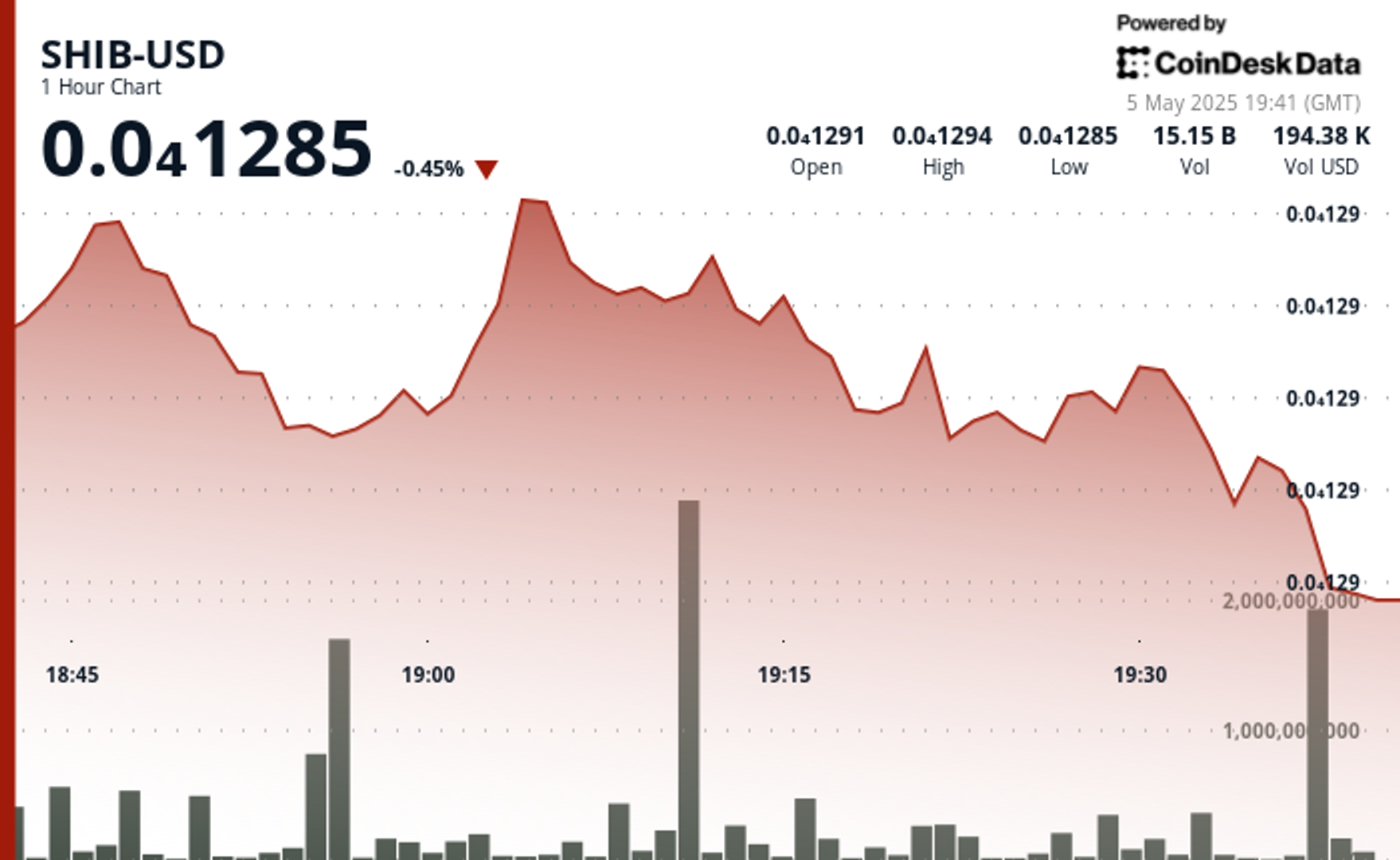Why you should be walking after every meal, according to science
Getting your steps in post-meal has numerous health benefits.

For some people, getting up and moving after eating a hearty meal is the last thing they want to do. It sounds nice to recline and relax after dinner, and for some there simply isn’t time to get up and move after lunch during a busy workday.
Squeezing in some time to stretch your legs after eating might be worth it, though. In addition to the numerous benefits of walking, such as increasing lifespan, reducing the negative impacts of sitting too long and boosting your heart health, research indicates that walking after eating can improve blood sugar regulation, weight loss, and even sleep.
So what are the benefits, and how soon after eating—and for how long—should you be walking? Here’s what the research says.
Blood sugar regulation
After you finish a meal, your blood glucose naturally goes up—as long as it doesn't go too high or remain high, that’s not a concern. However, a 2022 meta-analysis shows that a short walk after eating can prevent your blood sugar from spiking as high as it would if you remained sitting, and help keep your insulin—the hormone that regulates blood sugar—levels stable.
Better digestion
Walking after a meal can also help support your digestion. A 2020 study found that in people with irritable bowel syndrome, walking helped reduce bloating and stimulated the stomach and intestines to help the digestive process get going—and even helped keep people regular.
Walk when you can—even if it’s just for 2 minutes
If you can’t walk immediately after eating, no need to worry. The 2022 meta-analysis suggests that as long as you walk within 60 to 90 minutes of eating, you’ll reap the blood sugar-lowering benefits. Your blood glucose typically peaks one to two hours after eating, and a 2018 study found that physical activity before that peak can help lessen the insulin response, but walking right when its at its peak—an hour after eating—was shown to help lower blood sugar too.
Still, you don’t have to be precise about your timing, as there are benefits to walking immediately after a meal if that’s when it suits you best. One study from 2011 found that a brisk 30-minute walk immediately after meals led to greater weight-loss compared to a walk of the same duration and intensity an hour after eating. While the participants didn’t have any discomfort from walking right after eating, they do point out that anyone who experiences abdominal pain, fatigue, or other discomfort when walking just after a meal might want to wait a bit longer before heading outside.
While longer walks are ideal for overall health, people short on time will still benefit from post-meal walks: the 2022 meta-analysis also found that walking as little as two to five minutes after a meal was enough to help lower blood sugar.
"Medical studies show benefits with even light intensity—casual—walking. It's the act of moving that unlocks health benefits, and a casual walk is also easier to keep up as a habit," says Dr. Ali Shehata, family and emergency physician.
Improved sleep quality
Walking after breakfast, lunch, and dinner can all help support your sleep quality, too. Morning sunlight exposure—after breakfast, for instance—can help improve sleep quality and regulate circadian rhythm, or your internal clock.
Your circadian rhythm isn’t only regulated by morning light, it turns out. The Stanford Center on Longevity also encourages trying to get sunlight exposure throughout the day, say after lunch, as it plays a role in regulating your internal clock and your sleep-wake cycle.
Additionally, walking before bed (after dinner) can help decrease stress and calm down your nervous system before sleeping, experts previously told Fortune. As you watch the sunset or are exposed to nighttime darkness, that signals to your body that it’s time to start secreting its sleep hormone, melatonin, and wind down for the night.
And as those post-dinner walks stimulate digestion, your sleep quality can improve, by decreasing your odds of heartburn and preventing potential GI distress or discomfort that can keep you up at night.
For more on walking for health:
- Walking faster may help you live longer. Experts say to aim for this pace
- It’s not 10,000 steps a day anymore. Here’s how a more personalized step goal can help with weight management
- Sitting all day is terrible for you—but establishing this small habit can help
- 5 ways you’re sabotaging your walking workouts—and an expert’s easy fixes
This story was originally featured on Fortune.com







































































































































































